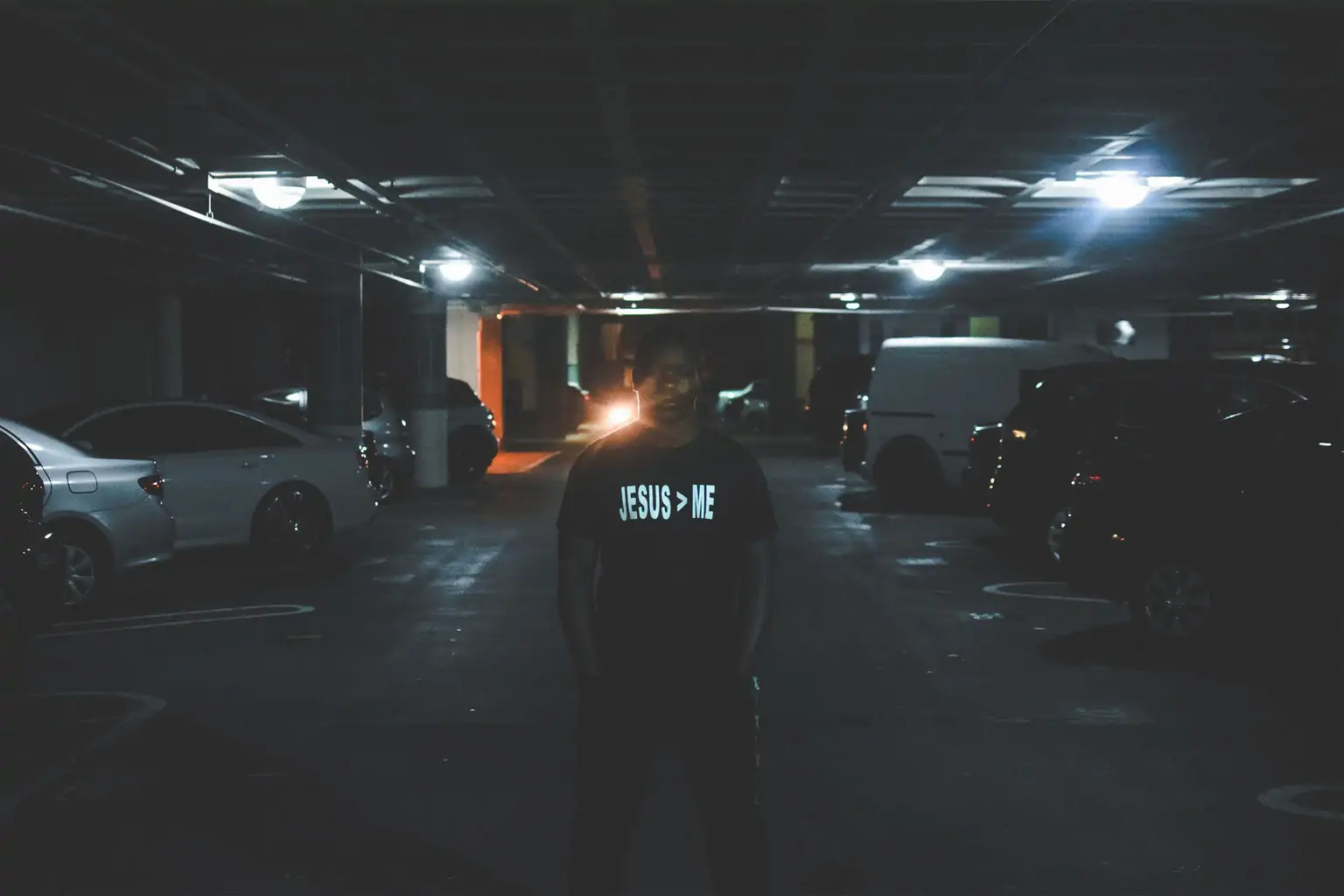
In the past few years, the word “community” has replaced “fellowship” as a favorite Christian buzzword. We use it all the time, especially in our churches. We know we probably need it—especially since we’re always talking about it. But what is it? Friendship? Potlucks? Sharing a common purse? Letting people see who you really are? Where does it happen: just inside the church, in our neighborhoods or wherever we hang out with Christian friends? And even if we figure out what community is, how do we get this elusive commodity?
When we don’t want community
Sometimes we think we don’t even want it. We know true community will require a lot of work, and we don’t see the value in this romanticized and vague concept. Communal laziness abounds in our culture—including among Christians. Facebook wall posts are about as far as we get. We may have Christian friends, but we never really open ourselves up to a broader community of believers.
Sometimes, though, our apathy is not laziness. It simply hurts too much to engage. We put in the work of transparency, confession or ministry and don’t get anything in return—or worse, we get hurt. Or we’ve seen this happen to our parents and we swear we won’t turn into them—the kind of person who becomes a ministry doormat. So we combat the idealism with cynicism or lofty ideas of how church “should look.” In reality, though, we close ourselves off because engagement is scary.
Life in the church, communal living, is hard. It takes a lot of work. And if it doesn’t, it might not be real community. True community, the kind we see in the Acts church, goes deeper than friendship that fills our relational buckets. It’s even more particular than a common bond with those who claim Jesus as Savior. Although there are deep shared realities between all believers—a knowledge of heaven, a filling of the Spirit, being baptized into new life—these realities don’t necessarily equal daily communal living with other Christians.
The Acts 2 passage suggests the fellowship of believers practically means the tangible, breathing organism of the local church. This is where community primarily happens, even if we find it scattered throughout our lives. Psalm 33 says the Lord fills the earth with His love: His presence is everywhere, but it is most profoundly found in His body, the Church. Because Christ dwells with us here in a special way, the richest communion we have with one another is also in the church.
“The way of Jesus Christ”
I live in a small city self-dubbed the “Evangelical Mecca.” Outside the Bible Belt, we boast the most churches per square mile, numerous Christian publishing houses and a prestigious Christian liberal arts school. Sometimes being surrounded with so many Christians is nice. Sometimes it’s weird.
Take church hunting, for example. First of all, the concept is kind of creepy. People should hunt for birds, not faith communities. More importantly, it implies the process is completely in our control. It also implies church is about me: my needs, my theology, my kind of people. We scout out the options, then point and shoot our spiritual rifle at our destined target. It seems like God almost has nothing to do with it.
And in the “Mecca,” the process of finding a church can indeed, like hunting, become recreational. During college, I bounced around from church to church each Sunday. It was exciting at first, then exhausting, then seemingly hopeless. So many options suddenly became daunting for me, and I grew cynical, unaware of what I was looking for in the first place.
Truthfully, I was trying to find perfection, which is often the case when faced with many options, most of them good enough. Our frame of thinking can easily become, The preaching doesn’t “feed” me, or, The music isn’t good enough or, I can’t see myself hanging out with these people. But community isn’t there to meet all our needs. It’s not there to make us feel good, or “feed” us, like I assumed. And it’s never perfect.
When we realize the true nature and purpose of community—faithfulness to Jesus and serving those in need—we open ourselves to authentic discipleship and lives that are focused outward. And ironically enough, this is often when we experience real biblical community most.
So we can look around and choose a church where we feel like we fit. We can even try to find a place where most of the people look and think like us so we’re comfortable. But we won’t get along with everyone. There are always going to be people who annoy us. There are always going to be misunderstandings and hurts.
Realizing the imperfect nature of the Church, and our tendency to want the Church—instead of Christ—to fix us, are the first steps in allowing God to heal the communal wounds that have cut us deeply, even if those wounds are simply apathy toward community. This realization doesn’t justify those hurts; it doesn’t mean forgiveness is easy, but it forms us into people who know what community in the Church can offer: a chance to live in the best way, in transparent communion with Christ and one another.
Taking off our shoes
The hardest part about this confessional, transparent way of living is the fear of shame or hurt. Because the Church is just a bunch of people, it—or they—might hurt us, even if the purpose of this group is especially holy and God-ordained. And we might hurt them. We’re all still human. Putting yourself out there, terrifyingly enough, always means that possibility of hurt.
The Church can’t fix us, but being in the Church is really the only place there is for a Christian to examine and heal from those misunderstanding and wounds, that rejection of community. Author and pastor Kevin Miller says: “If [the church] isn’t hard, then that’s a sign you probably haven’t entered deeply enough into community. Because God’s deepest work in us is to teach us how to love. And love doesn’t mean much until it’s tested by someone who is cranky, narrow-minded, bigoted, critical and harsh.” The body of Christ has a special role to call us out of introspection, selfishness and bitterness to live as Christ intends for us.
Opening ourselves to this possibility is terrifying when we’ve been hurt before. But isn’t love always a risk? Don’t we want more for ourselves and our church family than fellowship hour can offer? The only way to know is to crack the door of our hearts and be vulnerable to the clumsy moments, the aching humanity and the grace of community. Wonderful and awkward, fumbling and flawed, this is the Body of Christ.
There a lot of reasons we veer from community: wounds, cynicism, fear, ideals of what it could be. If we’ve seen the destructive properties, it’s hard to trust that nurture or growth can come from this broken group of people. The body of Christ, faulty as it may be, is part of what it means to walk with Christ. He never promises this path will be easy or won’t hurt, but He does always promise resurrection, even amongst the most broken situations. To let community in is to open ourselves to the fullest life and communion Jesus offers when He calls us to Himself.






















